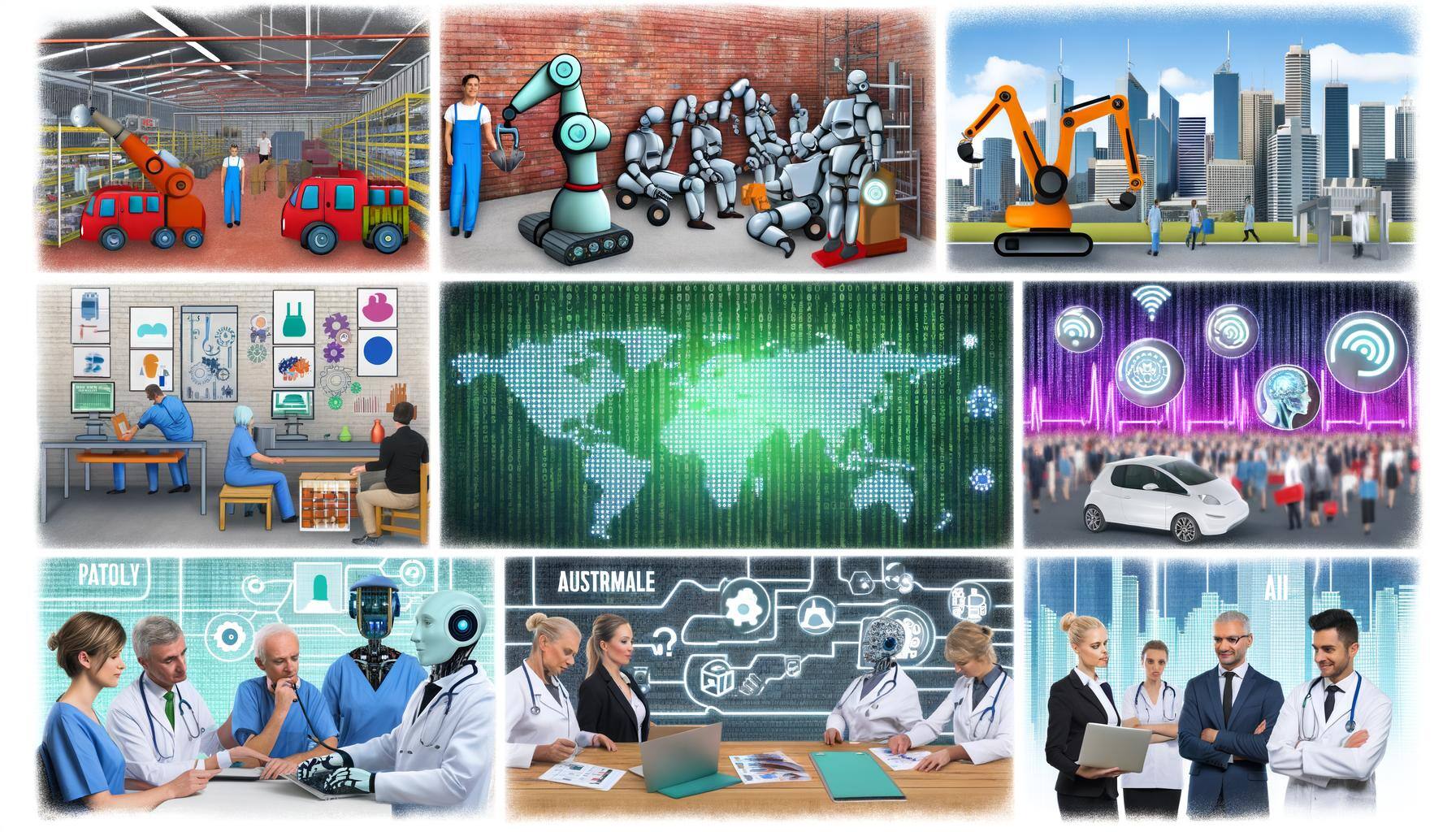The advent of artificial intelligence (AI) is transforming the global economy, heralding a new era often referred to as the "AI World Order." This shift is not just about technological advancements; it's about the profound impact on the workforce and the urgent need for retraining.
A recent industry report by the AI-Enabled ICT Workforce Consortium, led by Cisco and including industry leaders such as Accenture, Google, IBM, and Microsoft, underscores the transformational opportunity of AI on information and communication technology (ICT) jobs. The report highlights that an astounding 92 percent of technology roles are evolving, necessitating immediate training opportunities to keep pace with the changing landscape.
The McKinsey Global Institute echoes this sentiment, estimating that up to 375 million workers—or roughly 14 percent of the global workforce—may need to switch occupational categories by 2030 due to automation and AI disruption. This represents a significant challenge, akin to the large-scale shift from agricultural work to manufacturing in the early 20th century, but at a much faster pace.
Training and development programs focused on AI can create a more resilient and competitive workforce, attracting and retaining top talent, improving productivity, and enhancing customer service. Moreover, AI-powered tools like chatbots and virtual trainers offer personalized learning experiences, providing instant feedback and adapting to individual learning styles.
However, the urgency to retrain is not limited to the ICT sector. The McKinsey survey reveals that executives across various industries recognize retraining and "upskilling" existing workers as an urgent business priority, driven by the accelerating pace of enterprise-wide transformation.
In conclusion, as we navigate the AI World Order, it is clear that workforce retraining is not just a necessity but an imperative for economic resilience and growth. Governments, industries, and educational institutions must collaborate to develop strategies and programs that address the skills gap, ensuring that workers are equipped to thrive in an AI-driven future. The time to act is now, as the pace of change waits for no one.
For a deeper dive into the impact of AI on the workforce and the strategies for retraining, visit the full reports provided by the AI-Enabled ICT Workforce Consortium and McKinsey Global Institute.


